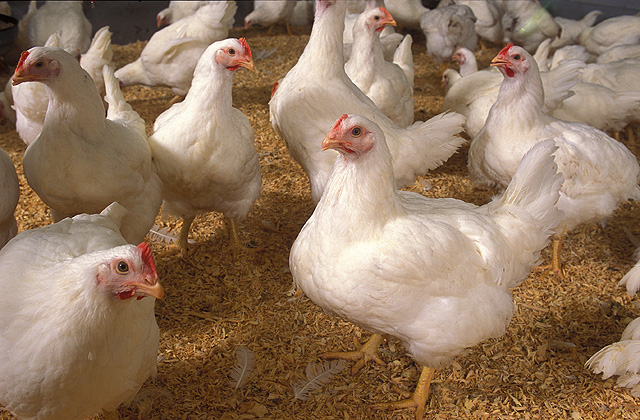Animal activist group The Humane League has had a case it brought to the court of appeal challenging the legality of rearing standard chicken breeds dismissed.
The case centred on paragraph 29 of Schedule 1 to the Welfare of Farmed Animals (England) Regulations 2007, which requires that animals farmed can be reasonably expected, on the basis of the genotype or phenotype of the animal in question, to be kept without any detrimental effect on its health or welfare.
In a ruling on 13 December, the judges in the court of appeal dismissed the case.
The Court of Appeal had been presented with evidence addressing concerns about the health and welfare of fast-growing chickens. However, the conclusions of that evidence were controversial and the validity of the trials on which they were based was challenged by the respondent.
The British Poultry Council said the ruling was an important acknowledgement for both the British poultry meat industry and the Government, that their expertise is key in the science and application of welfare.
BPC Chief Executive, Richard Griffiths, said: “Today’s decision underscores the crucial role industry plays in ensuring UK food security, through responsible and efficient practices.”
A billion birds a year are reared across various production systems at different price points to meet demand. Conventional poultry meat production makes up 75% of the market.
Griffiths continued: “No alternatives can match the balance of innovation and productivity that British poultry production strikes.”
The Humane League had appealed the 2023 ruling, which found that the Department for Environment, Food and Rural Affairs was not breaking the law by allowing for ‘fast-growing’ production. Today, the judge dismissed the grounds for appeal.
BPC member businesses adhere to stringent guidelines, prioritising bird welfare to nurture the trust and confidence consumers have in UK welfare standards.
Griffiths said: “Claims that our producers do not uphold world class standards undermine the decades of innovation and investment that define British poultry. Over 90% of production is Red Tractor certified, and BPC members work closely with regulators to consistently improve welfare.”
“We are always open to the thoughts and opinions of others, including exploring all methods of production. Open and transparent discussion is at the heart of continual progress in bird welfare.”
“But spurious claims serve to undermine consumer confidence. People should be able to trust that the food they purchase is produced with the utmost responsibility.”
“I hope today’s judgement reinforces that trust and helps reiterate that British poultry meat producers are committed to driving animal welfare standards.”
The Humane League said that while the judges dismissed the judicial review appeal on a technicality, they had noted that animals who suffer due to their genes cannot be lawfully farmed. This decision has paved the way for private criminal prosecutions against poultry producers, the group said.
Sean Gifford, Managing Director of The Humane League UK, said: “This historic ruling exposes the government’s failure to address the biggest animal welfare crisis of our time. Over one billion thinking, feeling chickens are leading lives of misery because of their fast-growing genes, and the court has ruled that this type of suffering should be prohibited by law.”


